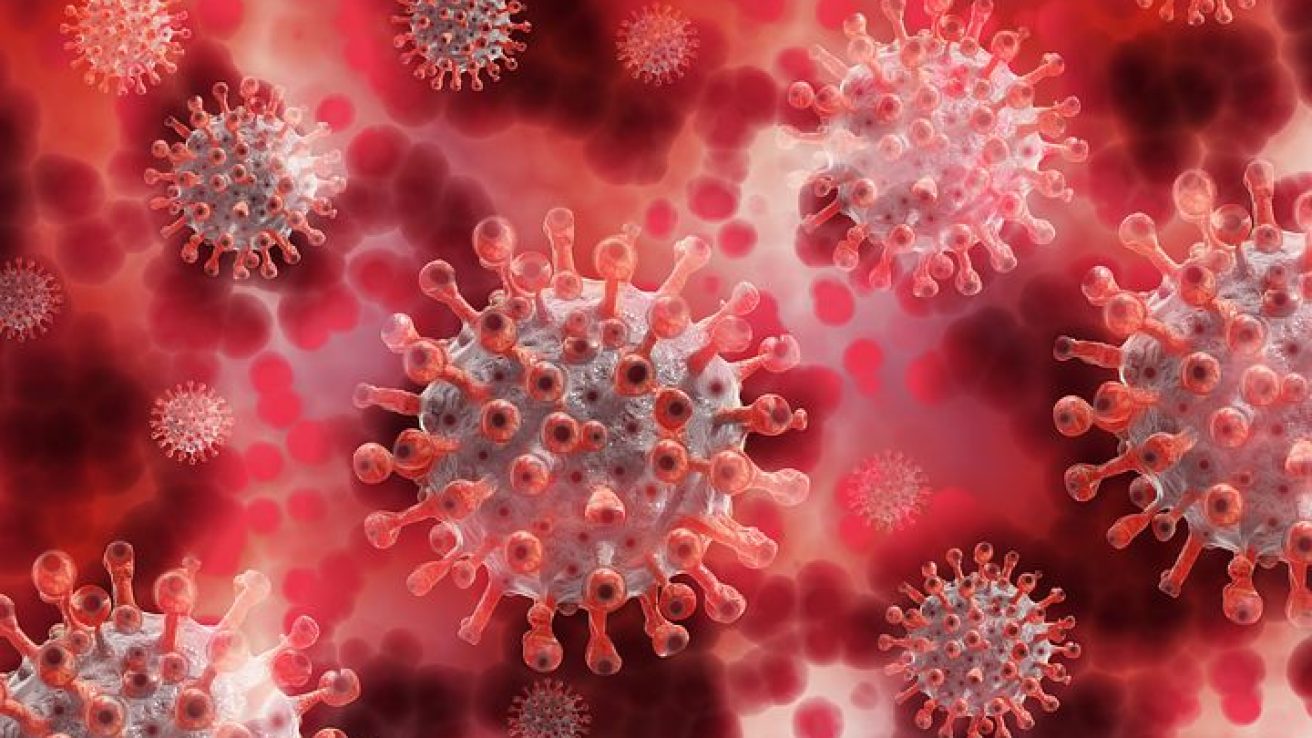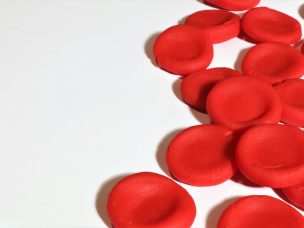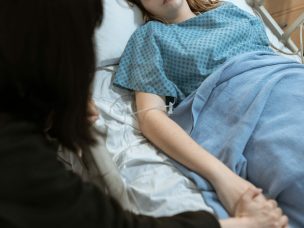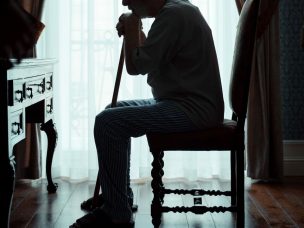In this MD Newsline exclusive interview with Dr. Alecia Nero, hematologist and associate professor in internal medicine and pediatrics at UT Southwestern Medical Center, we discuss challenges and disparities in sickle cell disease (SCD) care during the COVID-19 pandemic.
Dr. Nero is the Director of UT Southwestern’s Transition Sickle Cell Program and Adult Sickle Cell Program. UT Southwestern is part of the Sickle Cell Disease Clinical Trials Network.
MD Newsline:
What are the biggest challenges that hematologists are tasked with in the wake of COVID-19?
Dr. Alecia Nero:
“One of the biggest challenges we’ve faced, especially at the beginning of the COVID-19 pandemic, is fear. Our patients were afraid and had to trust that we were working to protect them and care for them the best we could.
Another challenge has been vaccine hesitancy, particularly among our patients with sickle cell disease who are at a higher risk for contracting COVID-19 and severe COVID-19. And so, we definitely wanted to bust myths and build trust with our patients surrounding the COVID-19 vaccines.
I try to let my patients know that I may not know all the answers. And there are still a lot of unknowns, but you’re not out there alone. You can come to me, and we’ll sit and talk about it. I’ll tell you what we know, what we’re hoping to know, what we’re looking toward, and what some of the studies are showing.
So, it’s still a challenge, walking with our patients and working with them to understand COVID-19 as we understand it today while keeping them safe and healthy.”
MD Newsline:
Do you think SCD disparities have worsened during the COVID-19 pandemic?
Dr. Alecia Nero:
“Maybe? Unfortunately, patients with sickle cell disease already faced so many disparities before the COVID-19 pandemic. Now, I think because patients with sickle cell disease are at a higher risk for contracting severe COVID-19, it’s even more important for them to get vaccinated against COVID-19, and even more devastating if they don’t.
Moreover, having fewer beds in the ED for patients with sickle cell crises who need them—because of the high number of COVID-19 cases—is another disparity our patients have faced during the pandemic.
So, the data do suggest that patients with sickle cell disease have been worse off during the COVID-19 pandemic than the general population, which might mean sickle cell disease disparities have worsened as well.”
Responses have been condensed and lightly edited.










